The 2nd GEM-DIAMOND’s Citizen Innovation Lab on Impact and Social Science
Research impact and its relation to science and society: a tale from the crossroads
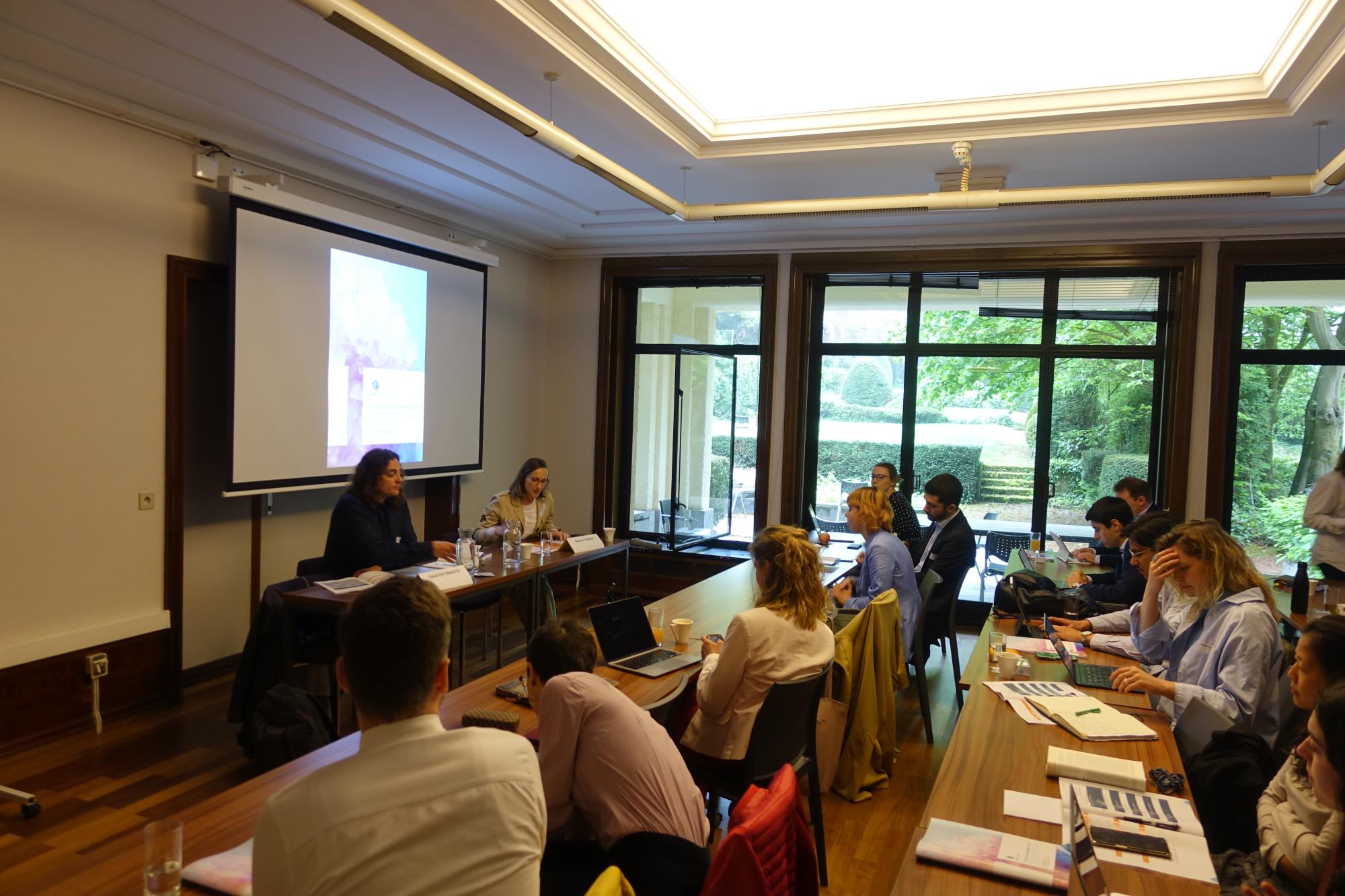
It has not been long since the 2nd GEM-DIAMOND’s Citizen Innovation Lab on Impact and Social Science was brought to a close. It was on May 8th 2023 – a little over a month ago – that the GEM-DIAMOND 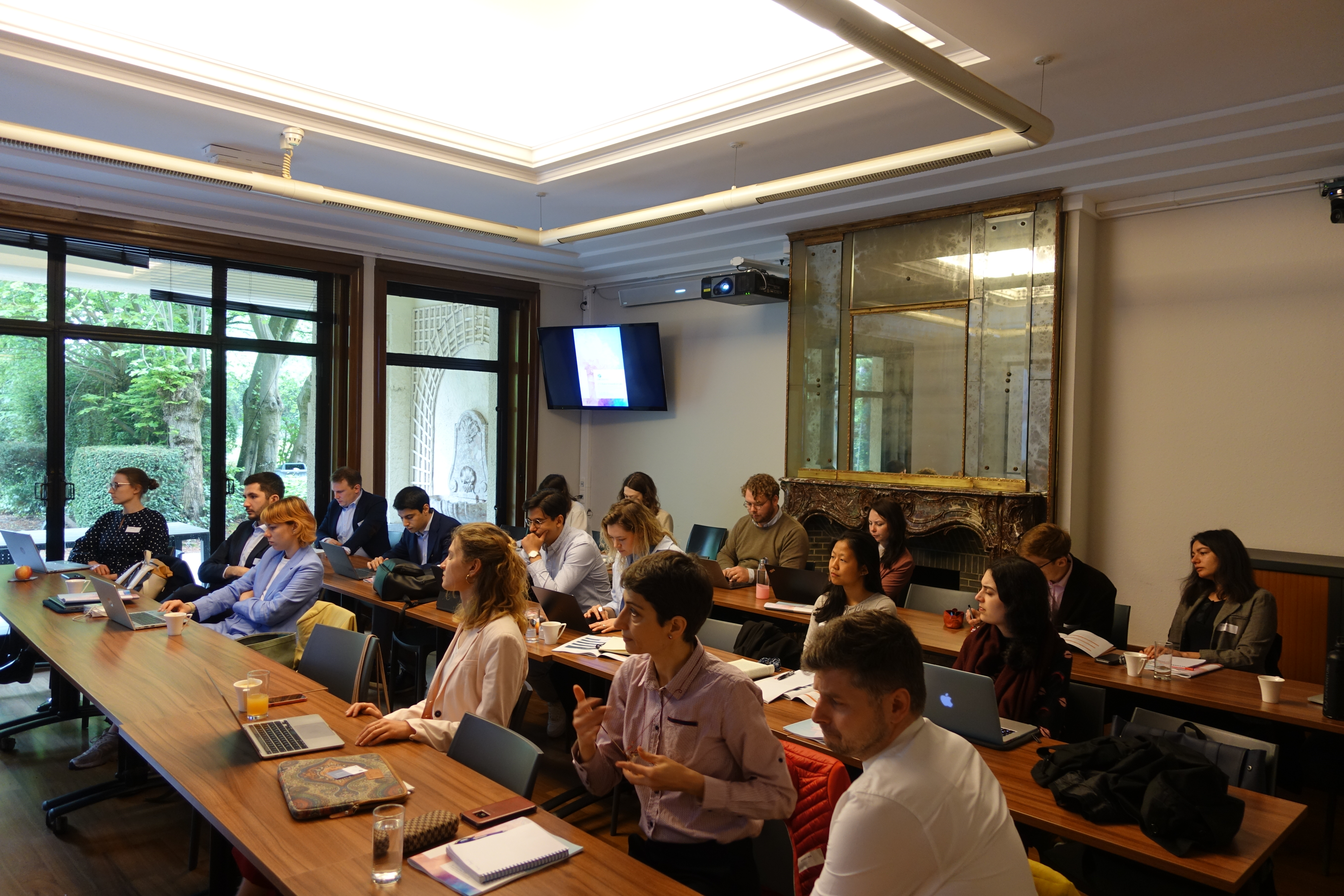 fellows gave their sincere thanks to the organizing committee and the invited speakers, bid farewell to each other, and hurried back to their respective desks at their host institutions. So came the quiet end to a three-day period of intense, dynamic, and honest discussion about the social roles and responsibilities of the academic researcher, the opportunities and dilemmas of scholar-activism, and the impact of research inside and outside the grounds of academia, more broadly. Enough time has elapsed, however, for the substance of what was said at the Citizen Innovation Lab, the contents of this peculiar exercise at collective self-reflection, to have presumably faded away into the flurry of activity that immediately precedes the summer holidays. Although the sense of ever-growing temporal distance might warrant this assumption, the moral urgency, emotional frankness, and intellectual force that came to characterize exchanges at this forum all conspired to make a truly resonant and memorable experience.
fellows gave their sincere thanks to the organizing committee and the invited speakers, bid farewell to each other, and hurried back to their respective desks at their host institutions. So came the quiet end to a three-day period of intense, dynamic, and honest discussion about the social roles and responsibilities of the academic researcher, the opportunities and dilemmas of scholar-activism, and the impact of research inside and outside the grounds of academia, more broadly. Enough time has elapsed, however, for the substance of what was said at the Citizen Innovation Lab, the contents of this peculiar exercise at collective self-reflection, to have presumably faded away into the flurry of activity that immediately precedes the summer holidays. Although the sense of ever-growing temporal distance might warrant this assumption, the moral urgency, emotional frankness, and intellectual force that came to characterize exchanges at this forum all conspired to make a truly resonant and memorable experience.
The Citizen Innovation Lab may well be over for all GEM-DIAMOND fellows, the IEE and Brussels may well have receded in the rear-view mirror of a long string of buses, trains, and airplanes for most GEM-DIAMOND fellows – for those based elsewhere in the European continent, that is – the fact remains that the passionate debates and conversations, the diverse perspectives and views and the candid advice and insights have offered much long-term food for thought, have opened up new vistas, have followed us all to our homes and have stayed with us ever since. If we had to describe the 2nd GEM-DIAMOND’s Citizen Innovation Lab in one word, it would have to be, well…impactful.
It is only fitting, and rather ironic, that a workshop on the concept, dimensions, needs, and risks of impact in research should itself pack a punch. And really, how could it not be so? The subject matter under consideration was, after all, intimately tied to our own self-understanding as both research fellows and citizens of a political and social community in ways that touched both on the professional and the personal, the scientific and the ideological, and went beyond the cliché of finicky and dry conference-talk. So much so that the well-worn warning about the trees-for-the-forest pitfall – the oft-repeated refrain that goes something like do not miss the forest for the trees! – was nowhere to be heard. If anything, the workshop confronted attendees with the enormity of the forest itself, with the big, unavoidable question marks that hang all over the content and structure of impact, the double-hatting of so-called scholar-activists, and, ultimately, the nature and scope of scientific research. In conceptual terms, these link back to the forms of definition: What is impact, and what is actually meant and understood by impact within the research milieu? What are the points of semantic convergence and divergence between impact, on the one hand, and communication, influence, and change, on the other? What are the determinants of impact and how can these be identified and evaluated? In practical terms, it comes down to functional differentiation and actorness: Can the respective functions of the expert or scientist and the advocate or activist be fulfilled when performed together? Can scholar-activism fill the gap or serve as a conducting pathway between scientific reason and political action? And, if so, precisely how and by what means is this mutually supporting relationship between science and politics to be attained? In ethical terms, the question marks can be added to opposite ends of the conflict.
From the standpoint of science, we are forced to contend with the demands of research integrity: To what extent is it possible for the researcher to hold on to his own deep-seated beliefs, interests, and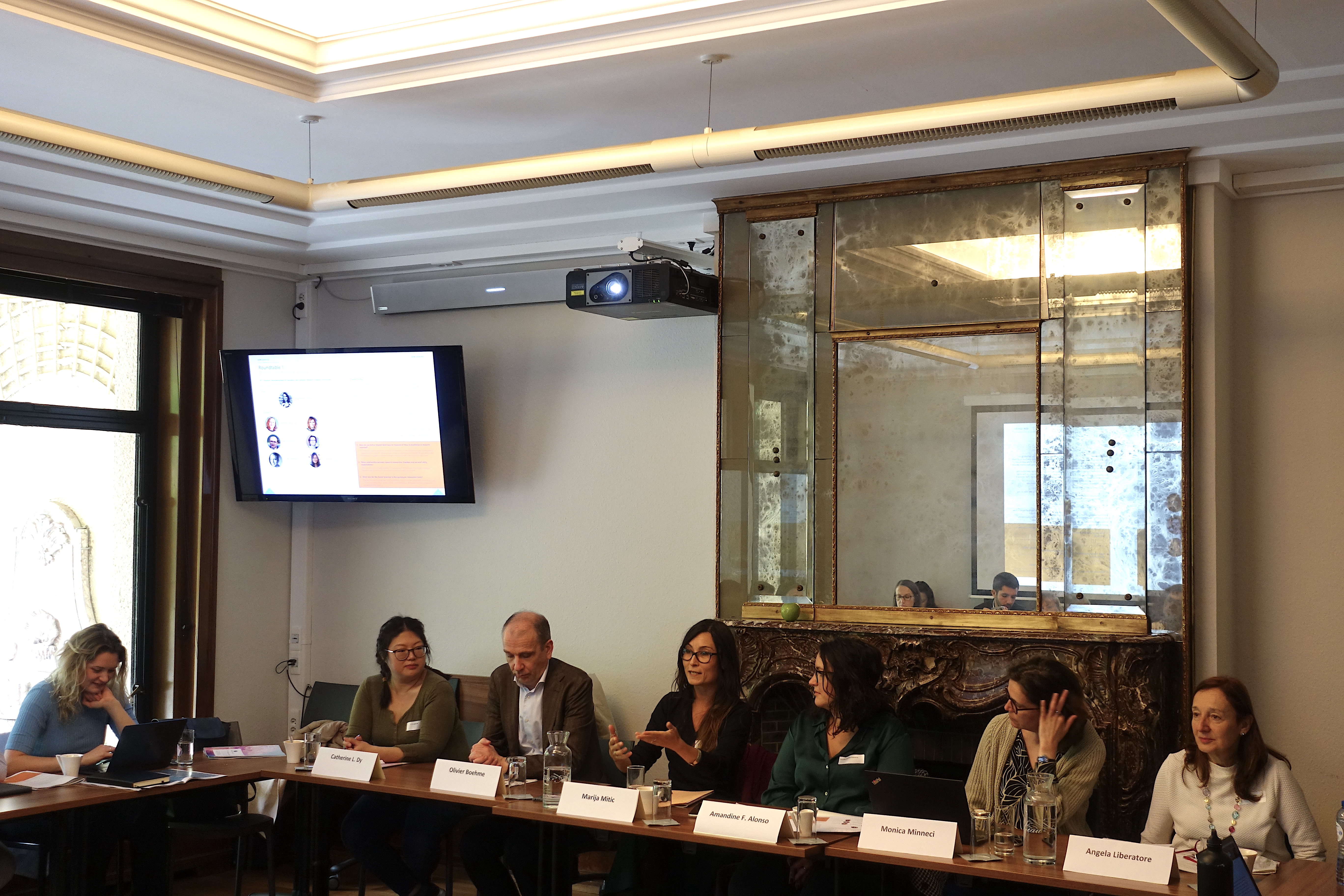 expectations about what the telos and material outcomes of his research should be and look like without pre-empting the results of his analyses and thereby compromising his commitment to the pursuit and advancement of knowledge? Or, on the contrary, does research independence and honesty require that researchers both explicitly state the logical conclusions of their work and adopt whatever political stance best corresponds to such results? From the standpoint of politics, we come up against the imperatives of democracy: Can academics leverage their knowledge to gain influence over the process of political will formation and, in so doing, not absorb the decision-making mandate of elected political representatives? Equally, is it not the duty of the academic to bring verifiable and verified facts to the arena of policy-making, to ensure that ‘truth’ informs political will?
expectations about what the telos and material outcomes of his research should be and look like without pre-empting the results of his analyses and thereby compromising his commitment to the pursuit and advancement of knowledge? Or, on the contrary, does research independence and honesty require that researchers both explicitly state the logical conclusions of their work and adopt whatever political stance best corresponds to such results? From the standpoint of politics, we come up against the imperatives of democracy: Can academics leverage their knowledge to gain influence over the process of political will formation and, in so doing, not absorb the decision-making mandate of elected political representatives? Equally, is it not the duty of the academic to bring verifiable and verified facts to the arena of policy-making, to ensure that ‘truth’ informs political will?
All of these questions, and more, were swirling around the 2nd GEM-DIAMOND’s Citizen Innovation Lab and will, doubtless, act as a spring-board for the members of the GEM-DIAMOND network to develop what, at the end of a two-year writing collaboration, will be a full-fledged Handbook on Impact in the Social Sciences. This prospective Handbook is devoted to addressing the above-mentioned concerns in all their richness and depth while remaining cognizant of the reality that these complex and existential queries, like most such queries, cannot yield any binary or truly definitive answers. The twin poles of scientific rigor and social responsiveness, the pivots on which the whole academic enterprise turns, just do not make black-and-white responses readily available. The opposing forces of autonomy and openness, each pulling in a different direction, are simply too great and allow for too wide a spectrum of attitudes.
The detachment-engagement juggling act, and the many ways one can go about managing this challenge, were well captured by the myriad voices of the social-science research community present at the 2nd GEM-DIAMOND’s Citizen Innovation Lab. On the occasion of this event, the grey areas of the shared spaces between research and society, and the particularly tough choices and trade-offs facing social scientists, were relentlessly explored and made tangible through the retelling of concrete experiences. From the very first keynote speech and all the way to the final, concluding remarks, the precarious position of the social science scholar, locked into a dual-character performance as both producers of information/descriptive reporter/observer and interpreter/prescriber/participant, was the main thread or overarching theme connecting seemingly disparate cultural backgrounds, disciplinary fields, research methods, and intellectual ambitions. The conceptual, practical, and ethical quandaries of impact, and related conundrums about identification, metrics, kind, and limits of the research contribution, were thus considered against the backdrop of the outsider-insider duality embedded in social studies scholarship.
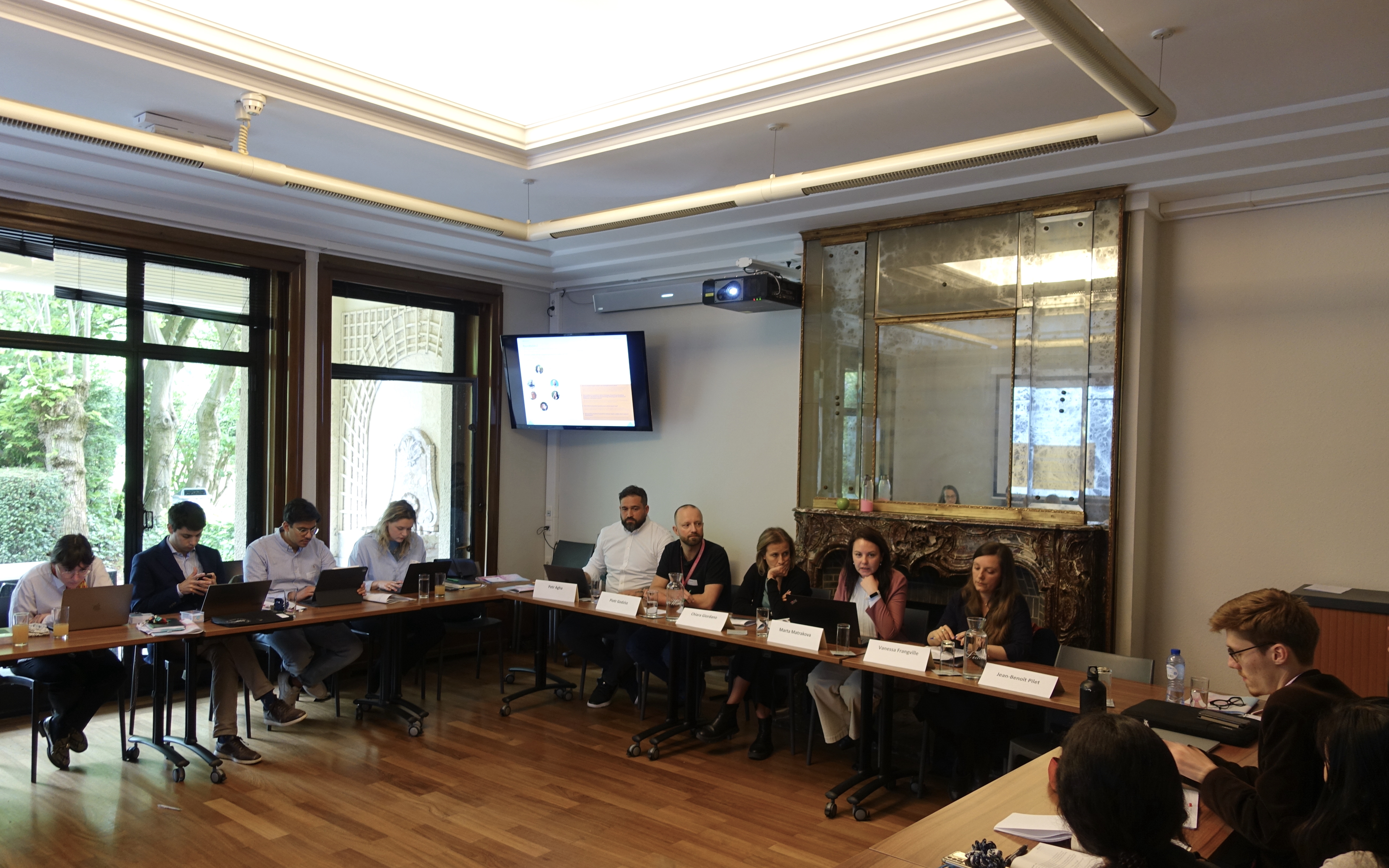 But looking further afield, as the audience was prompted to do, it soon became apparent that the double lens, both inward-facing, and outward-facing, characteristic of the social-science academic viewpoint was no more (and no less) than a downstream consequence triggered by the Janus faces of the idea of a distant and objectivating yet socially-meaningful and context-oriented social science. The ambiguities encoded in the DNA of the social science researcher emerge, therefore, as a direct reflection of the immanent tension in social studies between neutrality and meaning – that is to say, between the pretense at objectivity that undergirds all and any attempts at scientific explanation and the looking-glass of inter-subjectivity that any degree of genuine understanding requires. This tension brings an undeniable undercurrent of complexity to the phenomenon of research impact, one that makes its way into everyday research practices and flows all the way from lofty and abstract theories about the relations between scientific inquiries and non-scientific inquiries and, further upstream, from philosophical disquisitions on the conception of science and corresponding criteria of inclusion and exclusion. From this bird’s-eye view, the boundaries and possibilities of research impact would seem to be predicated not only on the conceptual, definitional, and measurement issues associated with grasping and assessing researchers’ real impact in their ambivalent role as experts-cum-activists, but also, and on a more fundamental level, on the preliminary issue of what marks off the domain of scientific investigation from the domain of value judgment. Regardless of how stark or blurry one thinks the dividing line between ‘non-evaluative’ and ‘evaluative’ to be – and, mind you, there is a veritable minefield of epistemic visions that comes with the territory of research work, as has become all too clear over the course of many a GEM-DIAMOND workshop and, not least, the Citizen Innovation Lab– there remains a basic assumption, implicit in all scholarly endeavor, that science and politics are qualitatively different spheres of human activity and, as such, are geared towards different functional tasks, are shackled to different logics and are subject to different validity rules. This is the very premise on which the professionalization of knowledge creation – the modern business of Wissenschaft or “Wissenschaft als Beruf”, in the words of Max Weber – is made to stand. So long as attempts at impact can be assimilated into attempts to bridge the modern divide between knowledge and policy, the challenge of distinguishing between science and non-science or the ‘demarcation problem’, as this matter of long-standing philosophical concern is routinely referred to, cannot go unignored.
But looking further afield, as the audience was prompted to do, it soon became apparent that the double lens, both inward-facing, and outward-facing, characteristic of the social-science academic viewpoint was no more (and no less) than a downstream consequence triggered by the Janus faces of the idea of a distant and objectivating yet socially-meaningful and context-oriented social science. The ambiguities encoded in the DNA of the social science researcher emerge, therefore, as a direct reflection of the immanent tension in social studies between neutrality and meaning – that is to say, between the pretense at objectivity that undergirds all and any attempts at scientific explanation and the looking-glass of inter-subjectivity that any degree of genuine understanding requires. This tension brings an undeniable undercurrent of complexity to the phenomenon of research impact, one that makes its way into everyday research practices and flows all the way from lofty and abstract theories about the relations between scientific inquiries and non-scientific inquiries and, further upstream, from philosophical disquisitions on the conception of science and corresponding criteria of inclusion and exclusion. From this bird’s-eye view, the boundaries and possibilities of research impact would seem to be predicated not only on the conceptual, definitional, and measurement issues associated with grasping and assessing researchers’ real impact in their ambivalent role as experts-cum-activists, but also, and on a more fundamental level, on the preliminary issue of what marks off the domain of scientific investigation from the domain of value judgment. Regardless of how stark or blurry one thinks the dividing line between ‘non-evaluative’ and ‘evaluative’ to be – and, mind you, there is a veritable minefield of epistemic visions that comes with the territory of research work, as has become all too clear over the course of many a GEM-DIAMOND workshop and, not least, the Citizen Innovation Lab– there remains a basic assumption, implicit in all scholarly endeavor, that science and politics are qualitatively different spheres of human activity and, as such, are geared towards different functional tasks, are shackled to different logics and are subject to different validity rules. This is the very premise on which the professionalization of knowledge creation – the modern business of Wissenschaft or “Wissenschaft als Beruf”, in the words of Max Weber – is made to stand. So long as attempts at impact can be assimilated into attempts to bridge the modern divide between knowledge and policy, the challenge of distinguishing between science and non-science or the ‘demarcation problem’, as this matter of long-standing philosophical concern is routinely referred to, cannot go unignored.
The central problem of the ‘scientificity’ of social studies did not pass unremarked at the 2nd GEM-DIAMOND’s Citizen Innovation Lab. Permeating the keynotes, roundtables, and panels, and much of the overall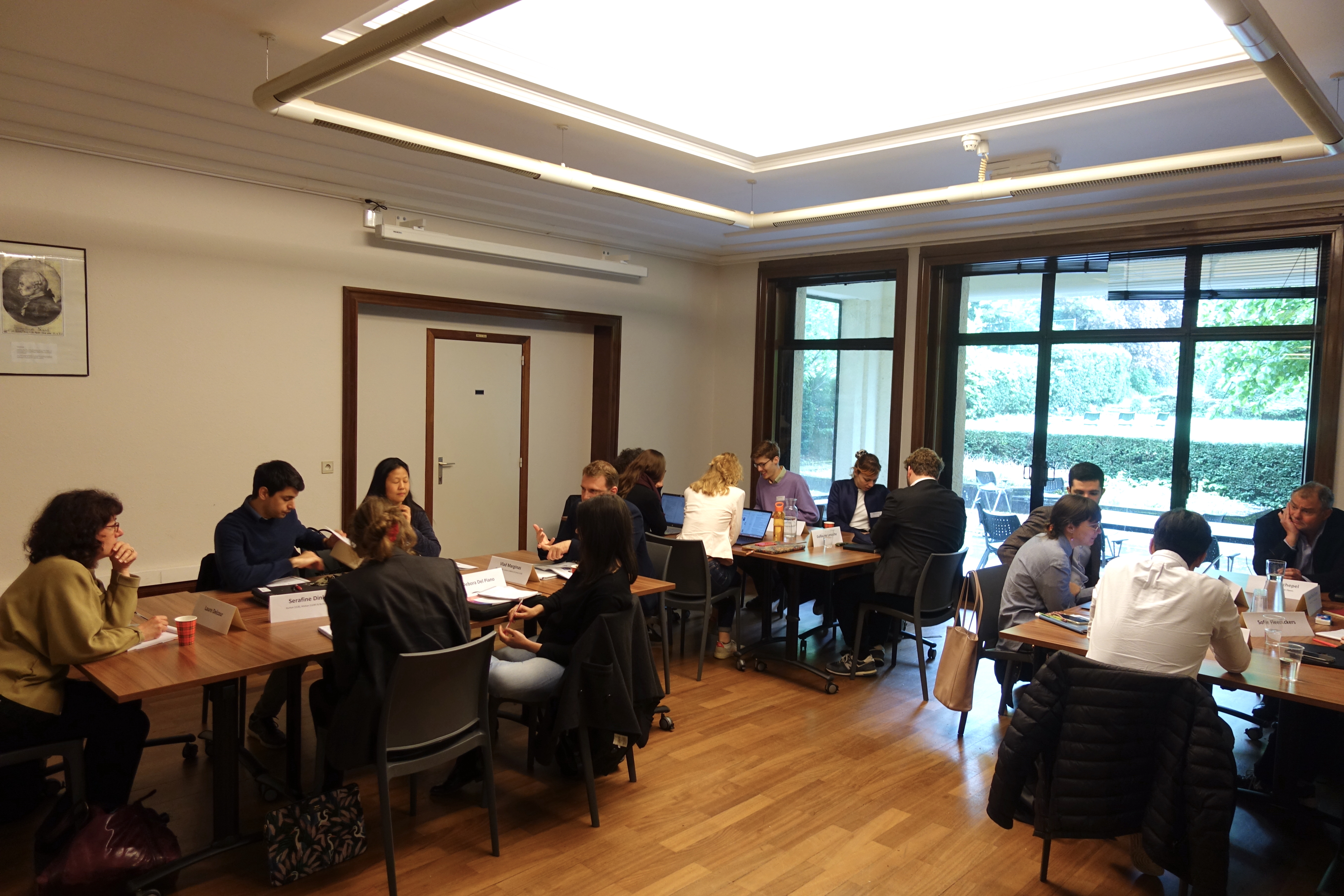 thinking about the nexus between research and society, was a definite sense that the uncertainties around the concept, mechanics, ethics, and appraisal of research impact in the social sciences are bred of the opposite and opposing theoretical models, methodological approaches and objectives ascribed to science, tout court. By the end of the workshop, nothing could quite shake the feeling that there was something much knottier and more intricate about the relations between impact and research than had initially been anticipated. I myself arrived at no one unequivocal conclusion, except, perhaps, to state: the ineffable complexities of impact are only further compounded by the ineffable properties of science, so that, over and above the practicalities of knowledge application, age-old puzzles in the philosophy of science about knowledge acquisition or production continue to loom large. But even this minimalist conclusion, I have come to realize, brings to the fore a whole other set of questions: Why do we ‘do’ scientific research? What is the value of science? Is science valuable in itself and, by extension, a ‘good’ worth pursuing its own sake, irrespective of the degree of appreciable impact and social relevance? Or, by contrast, is the value of science to be found in technical and pragmatic reasons and, thus, contingent on the course of material progress? There is one thing that can be said for certain: what had started out as a discussion on the conceptual, practical, and ethical mysteries of impact has, slowly but surely, opened the door into further and deeper enigmas – and unsurprisingly so. Just as the means do not necessarily tell us anything about the actors behind them and the ends in front of them, research impact by itself has nothing much to say about the ‘what’ and ‘for-what-purpose’ aspects of research – or, for that matter, the desirability of impact. For an answer to these questions, we must turn elsewhere.
thinking about the nexus between research and society, was a definite sense that the uncertainties around the concept, mechanics, ethics, and appraisal of research impact in the social sciences are bred of the opposite and opposing theoretical models, methodological approaches and objectives ascribed to science, tout court. By the end of the workshop, nothing could quite shake the feeling that there was something much knottier and more intricate about the relations between impact and research than had initially been anticipated. I myself arrived at no one unequivocal conclusion, except, perhaps, to state: the ineffable complexities of impact are only further compounded by the ineffable properties of science, so that, over and above the practicalities of knowledge application, age-old puzzles in the philosophy of science about knowledge acquisition or production continue to loom large. But even this minimalist conclusion, I have come to realize, brings to the fore a whole other set of questions: Why do we ‘do’ scientific research? What is the value of science? Is science valuable in itself and, by extension, a ‘good’ worth pursuing its own sake, irrespective of the degree of appreciable impact and social relevance? Or, by contrast, is the value of science to be found in technical and pragmatic reasons and, thus, contingent on the course of material progress? There is one thing that can be said for certain: what had started out as a discussion on the conceptual, practical, and ethical mysteries of impact has, slowly but surely, opened the door into further and deeper enigmas – and unsurprisingly so. Just as the means do not necessarily tell us anything about the actors behind them and the ends in front of them, research impact by itself has nothing much to say about the ‘what’ and ‘for-what-purpose’ aspects of research – or, for that matter, the desirability of impact. For an answer to these questions, we must turn elsewhere.
